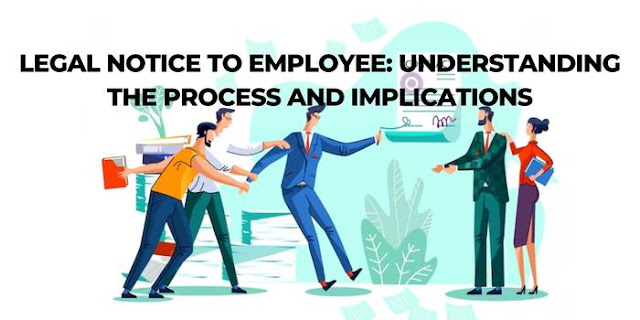Can a Tenant File a Case Against a Landlord? Understanding Tenant Rights
Renting a property often involves complex interactions between tenants and landlords. While many rental arrangements proceed smoothly, disputes can arise, leading tenants to wonder if they have the right to take legal action against their landlord. The answer is yes, tenants can file a case against a landlord under various circumstances. This blog will explore the scenarios in which a tenant might take legal action, the types of cases they can file, and the steps involved in the process.
Grounds for Legal Action
There are several grounds on which a tenant can file a case against a landlord. These include:
1. Breach of Lease Agreement
A lease agreement outlines the terms and conditions of the rental arrangement. If a landlord breaches any of these terms, the tenant has the right to file a case and consult with a lawyer for legal advice. Common breaches include:
Failing to make necessary repairs
Entering the property without proper notice
Not returning the security deposit without valid reasons
2. Violation of Habitability Standards
Landlords are required to provide a habitable living environment. This means the rental property must meet basic health and safety standards. Tenants can take legal action if the landlord fails to address issues like:
Lack of heating or cooling
Pest infestations
Unsafe structural conditions
Inadequate plumbing or electrical systems
3. Unlawful Eviction
Tenants are protected from unlawful eviction under many jurisdictions. A landlord must follow legal procedures to evict a tenant, typically involving notice and a court order. A tenant can file a case if they are:
Locked out of the property without notice
Evicted without a court order
Threatened or harassed to vacate the property
4. Discrimination
Under fair housing laws, tenants are protected from discrimination based on race, color, religion, sex, national origin, familial status, or disability. If a tenant experiences discrimination, they can file a complaint with housing authorities and pursue legal action against the landlord.
5. Retaliation
Landlords cannot retaliate against tenants for exercising their legal rights, such as:
Reporting health or safety violations
Joining a tenants’ union
Filing a complaint with housing authorities
Retaliatory actions may include raising rent, reducing services, or attempting eviction. Tenants can file a case if they face retaliation from their landlord.
Steps to File a Case
Filing a case against a landlord involves several steps:
1. Document the Issue
Before taking legal action, tenants should gather evidence of the issue. This can include:
Photographs or videos of the problem
Written communications with the landlord
Copies of the lease agreement
Records of repair requests or complaints
2. Attempt Resolution
Tenants should try to resolve the issue directly with the landlord. This can involve:
Sending a written notice detailing the problem and requesting action
Allowing a reasonable time for the landlord to address the issue
3. Seek Legal Advice
Consulting with a lawyer who specializes in tenant rights can provide valuable guidance. A lawyer can:
Assess the strength of the case
Advise on the best course of action
Represent the tenant in court if necessary
4. File a Complaint
If the issue remains unresolved, the tenant can file a complaint with local housing authorities or small claims court. The process typically involves:
Submitting a written complaint
Providing evidence to support the claim
Attending a hearing to present the case
5. Court Proceedings
In some cases, legal disputes may proceed to formal court hearings. During these proceedings:
Both the tenant and landlord present their arguments
A judge reviews the evidence and testimonies
The judge issues a ruling based on the merits of the case
Conclusion
Tenants have the right to file a case against their landlord under various circumstances, including breach of lease agreement, violation of habitability standards, unlawful eviction, discrimination, and retaliation. The process involves documenting the issue, attempting resolution, seeking legal advice, and potentially filing a complaint with housing authorities or the court.
Understanding tenant rights and the legal process can empower tenants to protect their living conditions and seek justice when faced with landlord disputes. If you believe your rights as a tenant have been violated, consider consulting a legal professional to explore your options and take appropriate action.

.jpg)

